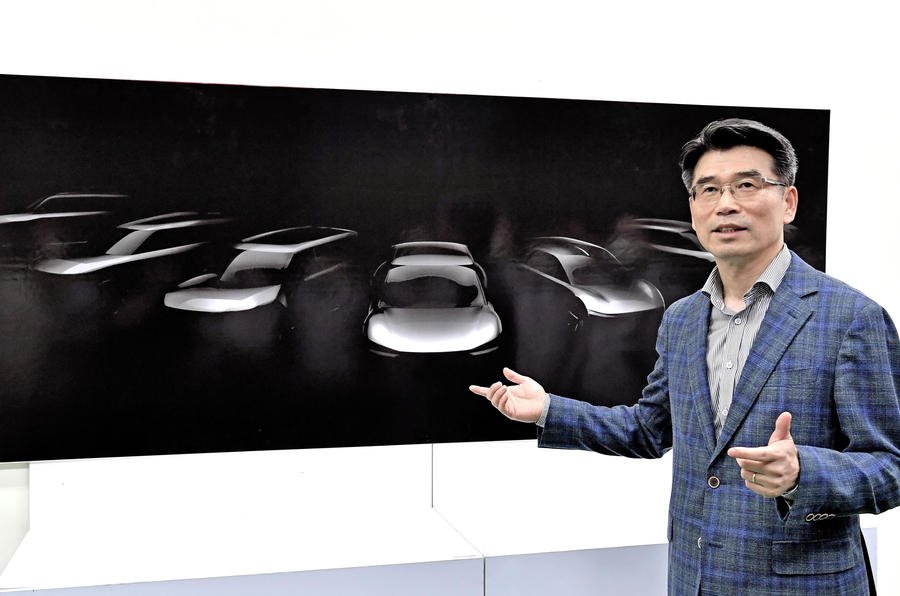Kia accelerates electrification plans with seven new EVs by 2026

Kia's rollout of battery electric vehicles (BEVs) has once again shifted up a gear with a further update to its bold Plan S product strategy.
As revealed by CEO Ho-Sung Song at an investor conference, the Korean company now plans to launch seven new EVs by 2026, rather than 2027 as previously planned.
Additionally, Kia is aiming for EVs, plug-in hybrids and hydrogen fuel-cell EVs to account for 40% of its global sales by 2030, and to be selling 880,000 EVs by this point.
The seven bespoke new EVs, arriving alongside four EVs based on existing combustion-powered cars, will use the Hyundai Group's new E-GMP architecture, which will underpin Kia's first bespoke electric car, arriving later this year.
The platform offers 800V charging capacity, provides a maximum range of more than 310 miles and is equipped with a new Integrated Charging Control Unit that allows power to flow in both directions, meaning E-GMP-based vehicles can be used as power sources for external devices.
Kia's "diverse" line-up of EVs will include models across several vehicle segments, the firm has claimed. The first, internally subbed CV, was spotted in camouflage last year by our spy photographers.
"Kia is being reborn in 2021 with a new logo, new design, and new corporate name," said Song. "Kia will transform into a brand that excites and inspires customers with innovative mobility experiences."
While specific segments for each electric model aren't detailed, Kia has previously said that it will "respond to market demands by offering diversified product types, with a range of models suitable for urban centres, long-range journeys and performance driving". A preview sketch of all the models shows crossovers and SUVs will be a core focus.
As part of the revised Plan S strategy, Kia has revealed initial details of a bespoke 'purpose-built vehicle' (PBV) that will arrive in 2022 atop a dedicated platform that can host body styles to suit a range of vehicle applications, likely with a commercial focus.
It said that it's "co-operating with other companies to develop micro/large board platforms for unmanned delivery and e-commerce sectors".
Hyundai and Kia has invested in both British firm Arrival and California-based Canoo and will likely use technology and hardware from those firms in its commercial EV roll-out.
Kia will also seek to "gain a competitive edge" in the urban mobility market, rolling its Korean-market subscription model out to other countries in partnership with newly acquired Sixt Leasing and launching an EV-based service that "combines subscription and car-sharing".
The brand will expand its number of dedicated service and maintenance bays at dealers for EVs globally, too.
Charging infrastructure is also an area that Kia and the wider Hyundai Motor Group will invest in. In Europe, more than 2400 Kia-branded EV chargers will be installed at dealers, and there are plans to accelerate that in line with the market.
This expands on the brand's investment in high-speed charging specialist Ionity.
Related News
